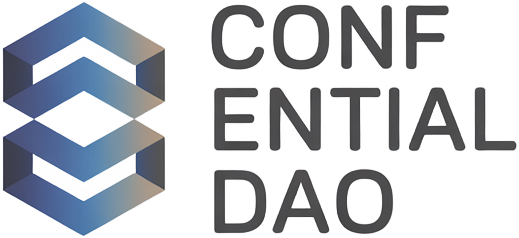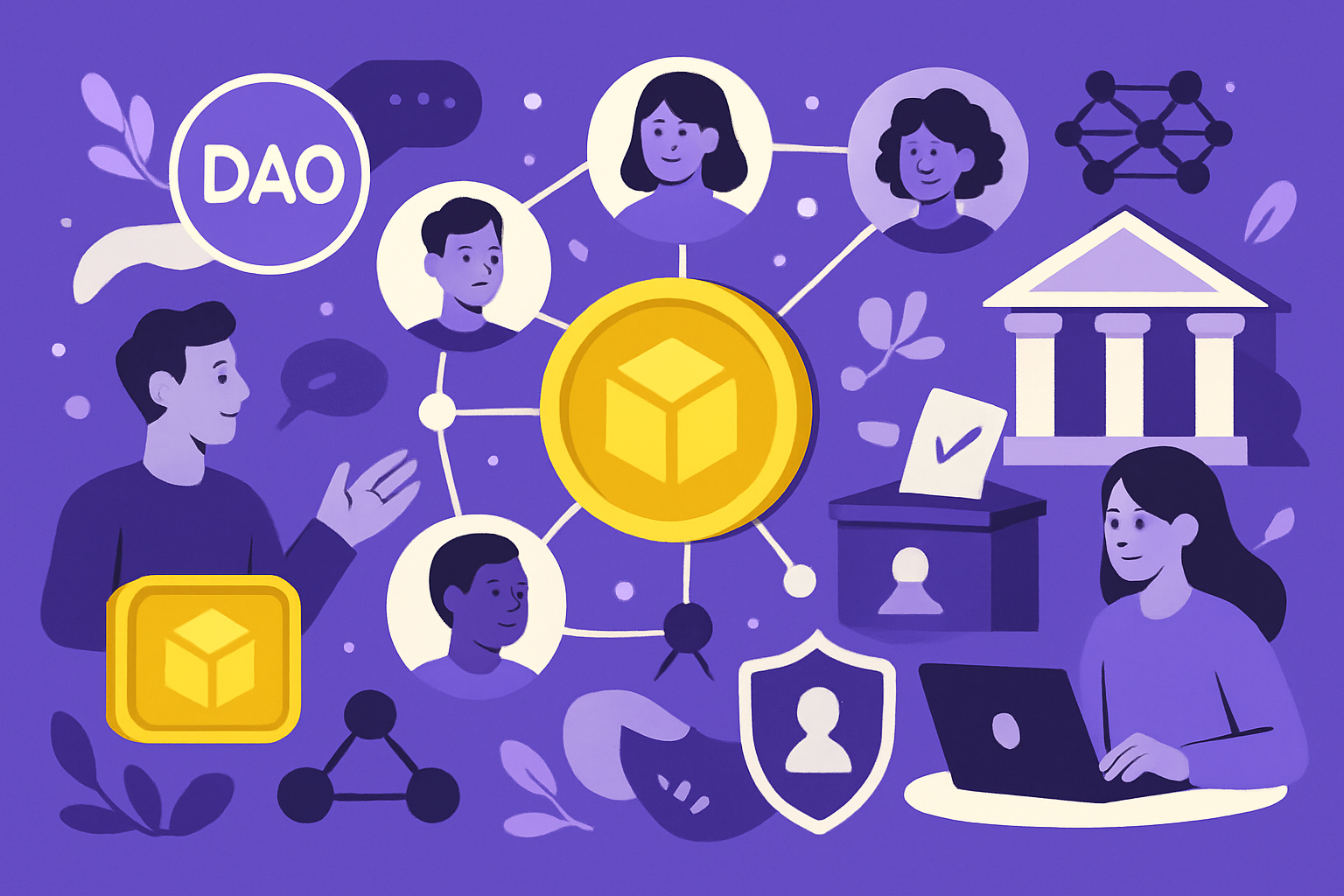
Imagine a world where you can help steer a global collective, vote on million-dollar budgets, and shape the future of technology – all without anyone knowing how you voted, how much you control, or even who you are. That’s not science fiction anymore. In 2025, confidential DAOs are making this a reality by weaving zero-knowledge proofs (ZKPs) into the fabric of on-chain governance.

The push for privacy isn’t just about secrecy. It’s about honest participation, reducing corruption, and unlocking the full potential of decentralized organizations. As Ethereum’s Privacy Stewards argue, private voting is essential for trust and participation in DAOs. But how does it work in practice? Let’s break it down.
Why Confidential DAOs Need Zero-Knowledge Proofs
Traditional DAOs operate in the open – every vote, every transaction, every delegate is visible to anyone with an internet connection. While this transparency is powerful, it also opens the door to vote buying, social pressure, and targeted bribery. Enter zero-knowledge proofs: cryptographic tools that let you prove something is true (like your eligibility or your vote) without revealing any extra information.
Zero-knowledge proofs DAOs use these tools to:
- Enable private voting: Voters can cast their ballots anonymously while still proving their votes are valid.
- Keep treasury operations confidential: Payments and transfers can be verified on-chain without exposing amounts or recipients.
- Allow secret delegation: Members can delegate voting power privately so even delegates don’t know who empowered them.
The Mechanics: How ZKPs Power Private On-Chain Governance
The magic lies in cryptographic protocols like zk-SNARKs and zk-STARKs – already deployed by projects like Aragon DAO and MACI. These frameworks allow DAOs to implement shielded voting or confidential payrolls without sacrificing verifiability.
A real-world example: Snapshot’s upcoming permanent shielded voting will use El-Gamal encryption alongside ZKPs to let users participate honestly without fear of retaliation or exposure. Similarly, the S2DV protocol leverages ZKPs for scalable and secure DAO voting – ensuring each ballot is legitimate while keeping choices secret.
If you’re a founder or developer eyeing private DAO governance in 2025, here’s what matters most:
- Bake privacy into smart contracts from day one; retrofitting is risky and expensive.
- Select proven ZKP libraries; zk-SNARKs and zk-STARKs have robust security guarantees and active communities.
- Nail regulatory compliance; ZKPs help meet proof-of-validity requirements without leaking sensitive data (see detailed implementation guide).
The Real Impact: Honest Participation Without Compromise
The result? More honest votes. Less manipulation. Greater confidence that your voice matters – even if no one knows it was yours. This shift isn’t just technical; it’s cultural. When people trust that their decisions remain private but verifiable, they’re more likely to participate fully in governance.
This balance between transparency (for auditability) and privacy (for individual protection) is at the heart of the confidential decentralized organizations movement.
If you want a deeper dive into implementation specifics or case studies like Aragon DAO’s approach to private voting using zk-SNARKs, check out our hands-on resource: Implementing Zero-Knowledge Proofs for Private DAO Voting.
What’s especially exciting is how these advances are being put to the test in the wild. DAOs like MACI and STP aren’t just theorizing about privacy – they’re running payroll, managing treasuries, and holding high-stakes votes using zero-knowledge cryptography. These aren’t closed beta experiments; they’re live systems, handling real assets and decisions that could shape entire ecosystems.
“ZKPs are unlocking a new era of DAO governance, where honest participation isn’t just encouraged – it’s finally possible at scale. “
Let’s get practical. If you’re building or joining a confidential DAO in 2025, here are the steps you’ll want to take:
Top Steps to Launch a Private DAO with ZK Proofs
-
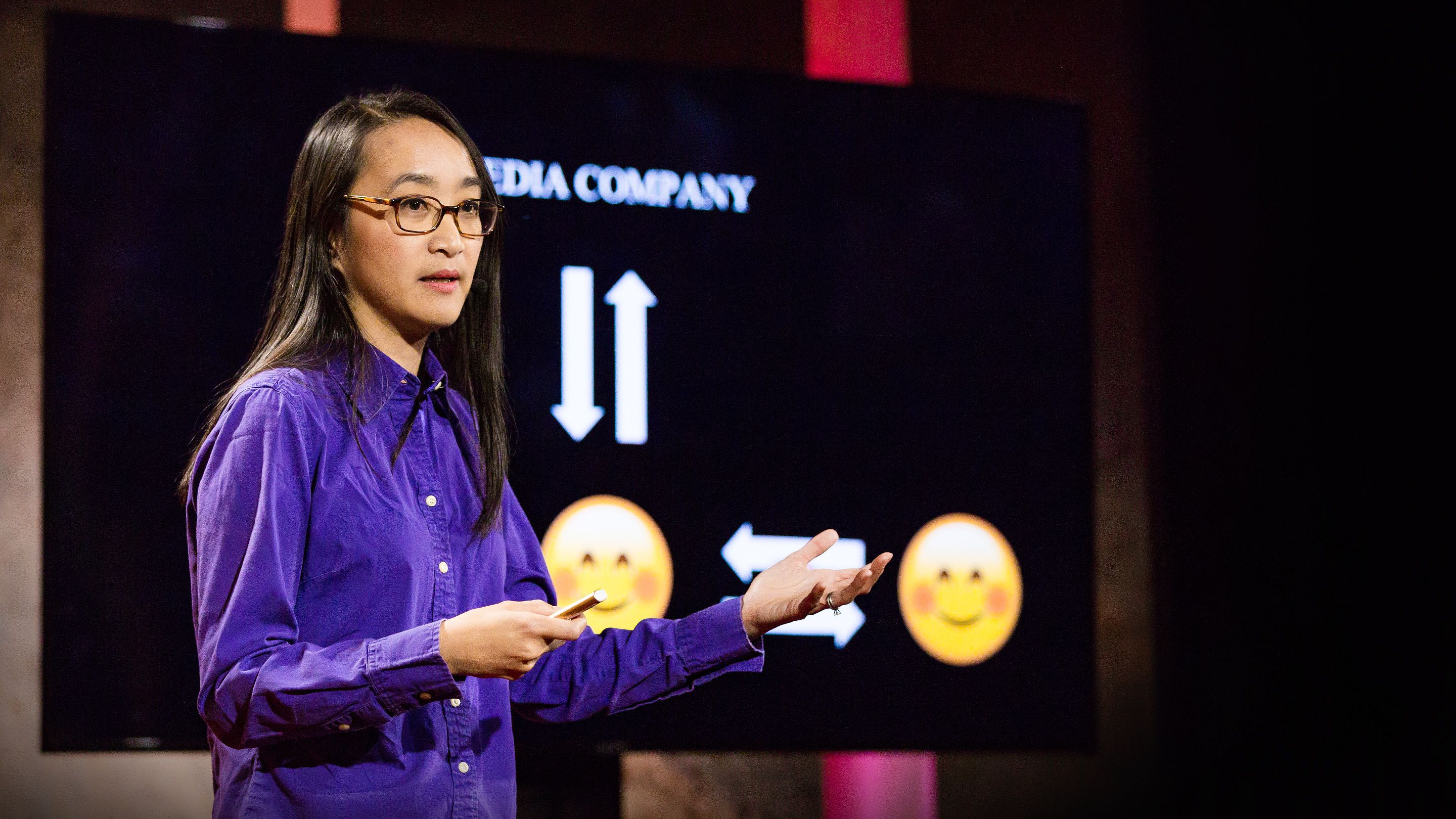
Define Your DAO’s Mission and Privacy GoalsStart by clarifying your DAO’s purpose and the level of privacy required for governance. Decide if you need private voting, confidential transactions, or both. Setting clear privacy objectives will guide your technical and legal choices.
-
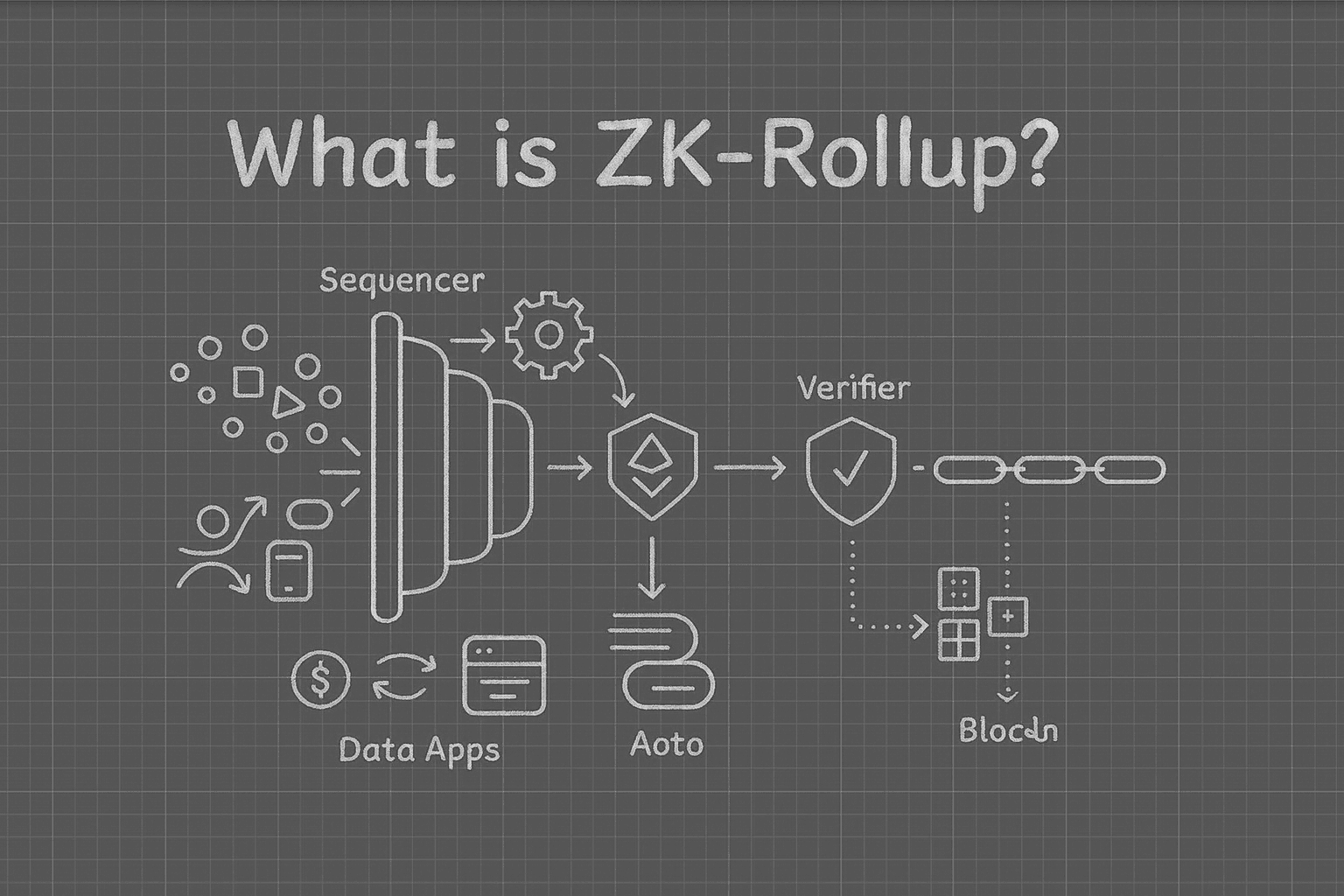
Choose a Proven ZKP FrameworkSelect a reliable zero-knowledge proof technology like zk-SNARKs or zk-STARKs. Leading libraries such as snarkjs or StarkWare offer robust support for private, on-chain operations.
-
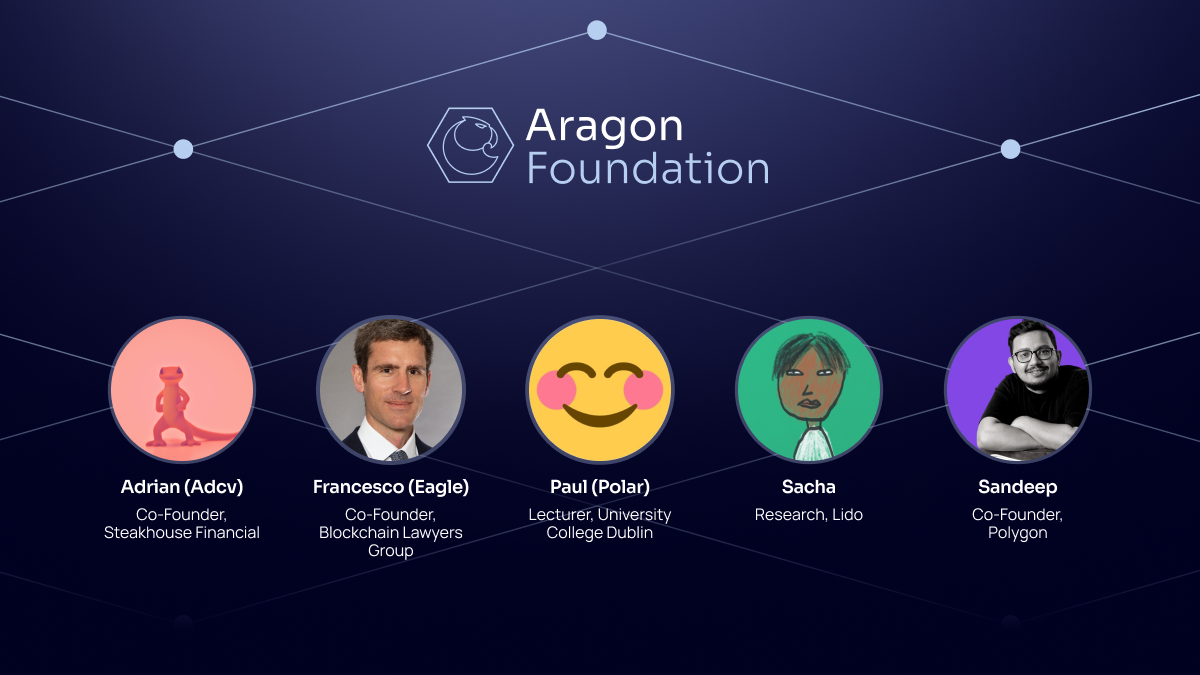
Integrate Privacy-First Smart ContractsDesign and deploy smart contracts with privacy in mind from the beginning. Consider platforms like Aragon DAO or Snapshot (with Shutter integration) for shielded voting and confidential governance modules.
-
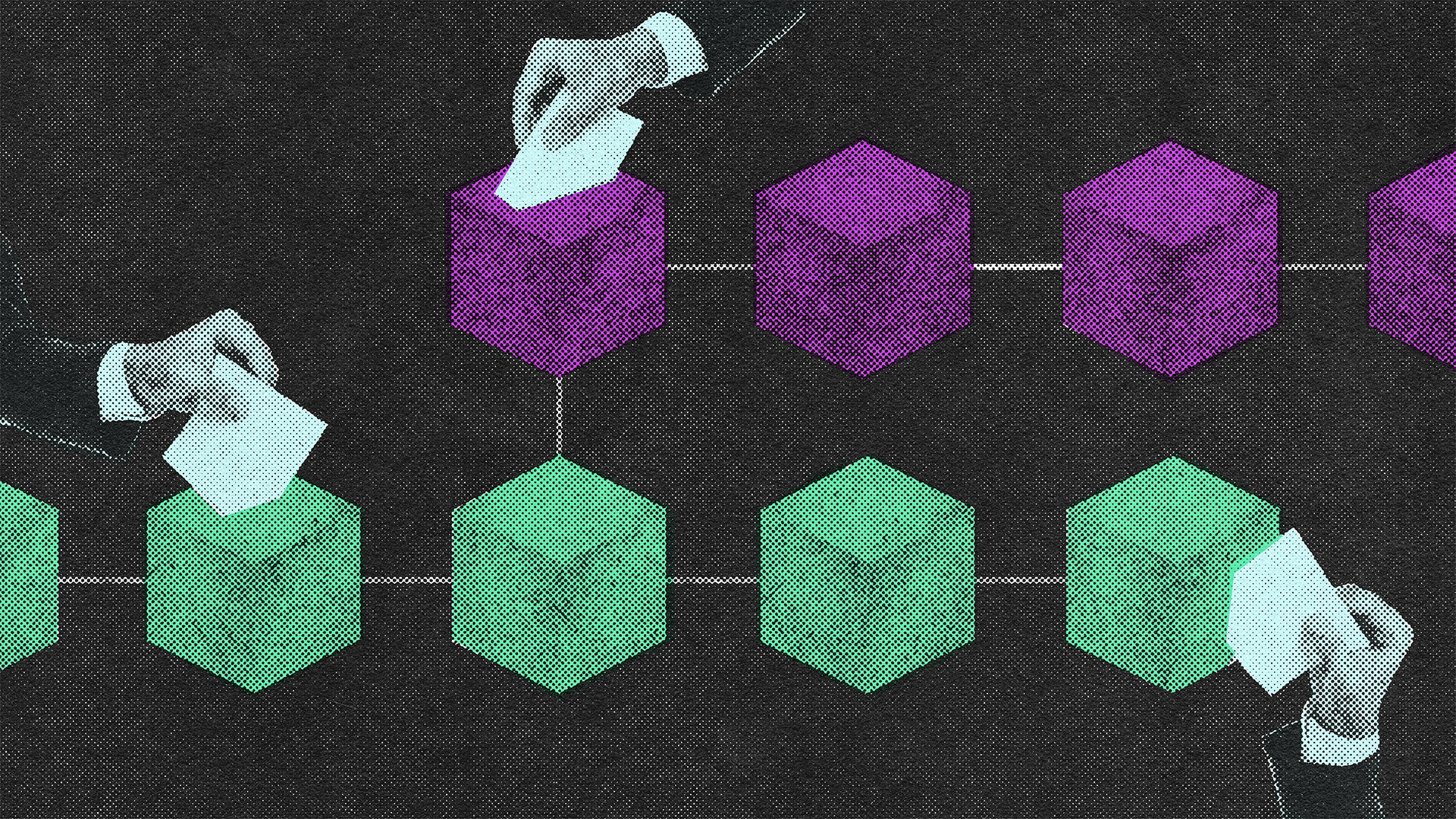
Implement Private Voting MechanismsAdopt tools such as MACI (Minimum Anti-Collusion Infrastructure) or Snapshot’s shielded voting to enable anonymous, tamper-resistant voting for your members.
-
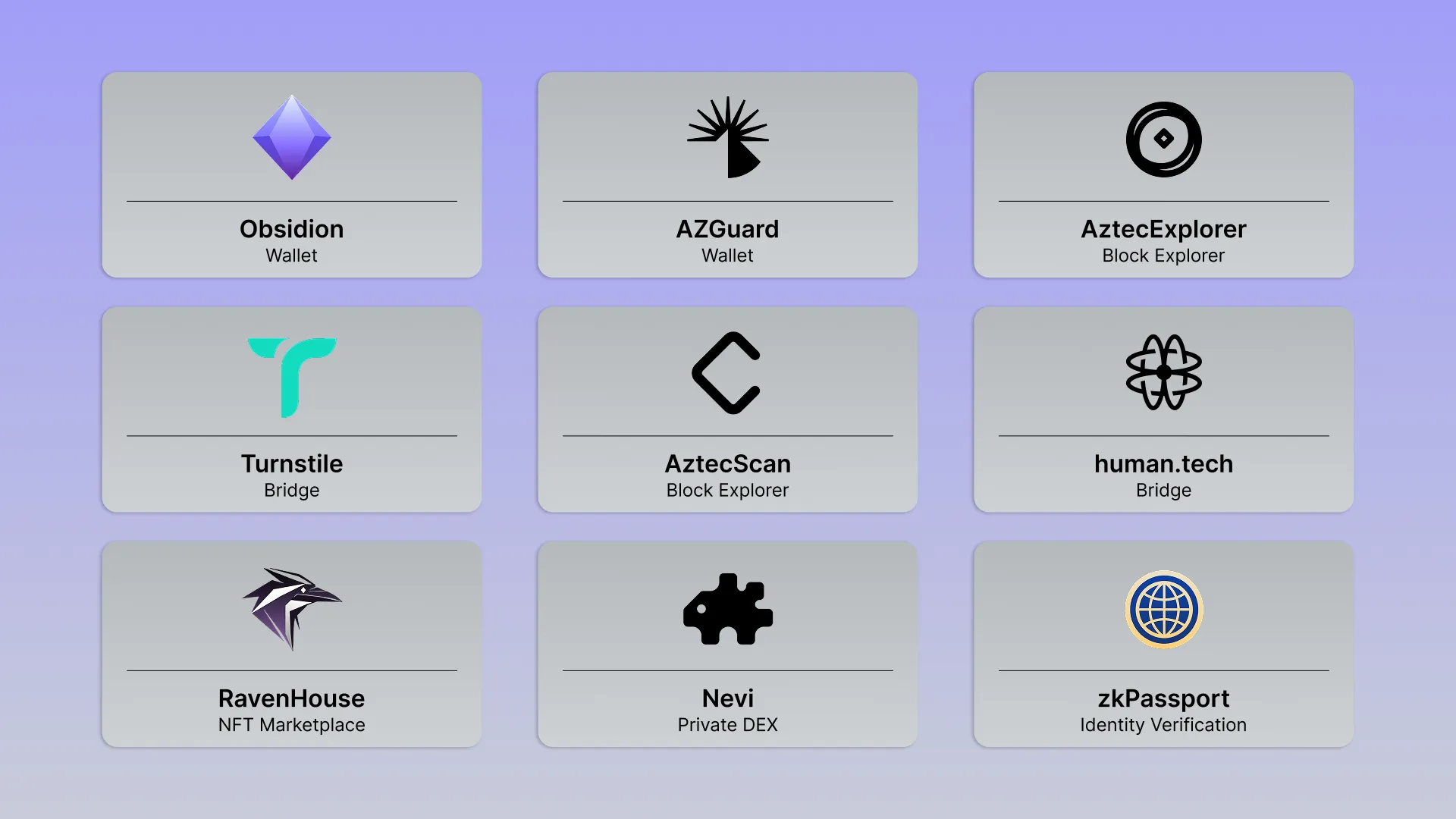
Ensure Confidential Treasury ManagementUtilize protocols like STP DAO or Aztec Network to keep payroll and treasury transactions private while remaining auditable on-chain via ZKPs.
-
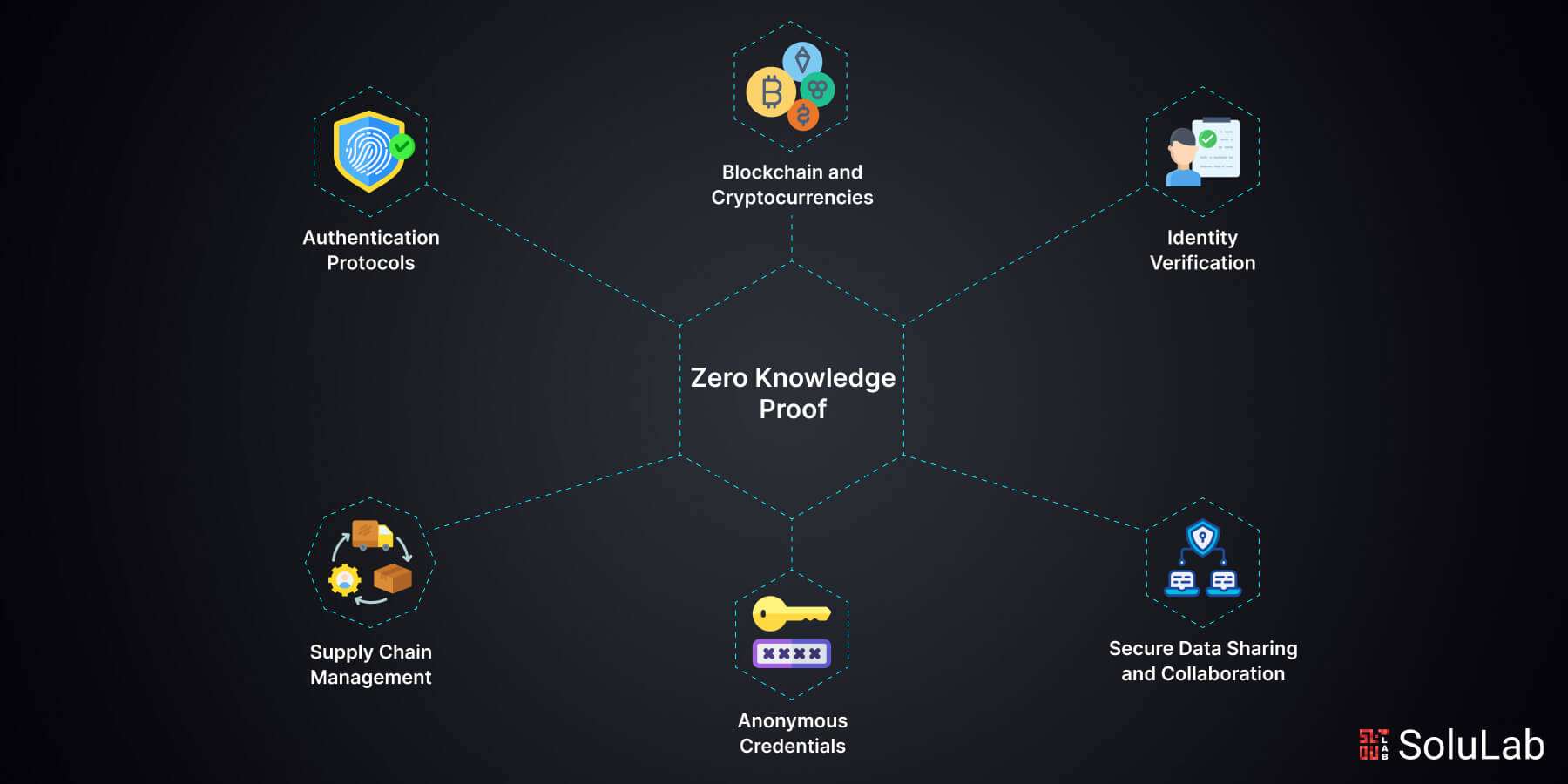
Address Regulatory ComplianceWork with legal experts to ensure your DAO’s privacy measures—such as ZKP-based identity or transaction proofs—meet relevant compliance standards without exposing sensitive data.
-
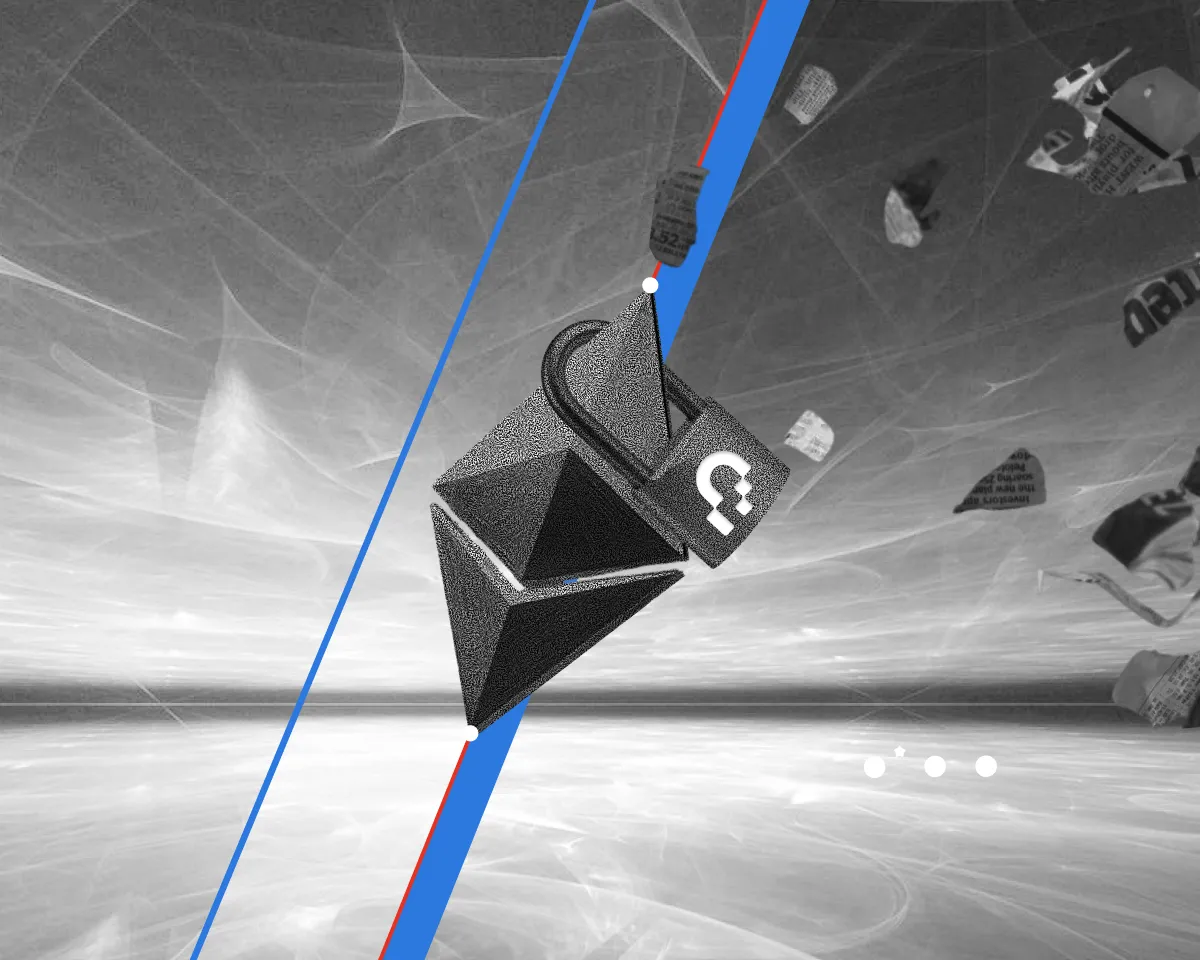
Foster Transparent Yet Private Community ParticipationEncourage member engagement by offering privacy-preserving delegation tools like Kite, which allows members to delegate voting power without revealing identities.
Challenges to Watch For
No technology is perfect out of the box. Even as ZKPs mature, confidential DAOs must wrestle with trade-offs:
- Computation costs: Generating and verifying ZK proofs can be resource-intensive. Choose frameworks optimized for your chain and use case.
- User experience: Voting privately shouldn’t mean jumping through technical hoops. The best projects hide complexity behind intuitive interfaces.
- Community education: Members need to understand why privacy matters and how their data is protected – or skepticism will linger.
The good news? Open-source tooling is catching up fast. Projects like Aztec Network and Starknet are rolling out libraries that make private on-chain governance more accessible than ever before.
Where Confidential DAOs Go Next
The roadmap ahead is ambitious but achievable. Expect to see permanent shielded voting go live on major platforms like Snapshot, enabling anonymous participation at scale. Treasury management will become more sophisticated as confidential transactions get easier to audit without exposing sensitive details. And new privacy-preserving delegation models will let members shape governance without fear of retaliation or loss of anonymity.
If you’re ready to move beyond theory and start building – or participating in – truly private DAOs, there’s never been a better moment. The cryptography works. The tools are here. And the demand for secure, transparent-yet-private decision-making has never been higher.
Your Next Move
The future of on-chain governance isn’t just about code; it’s about trust, participation, and empowering communities worldwide to act boldly without sacrificing their right to privacy.
Want more insights? Explore our latest guides on how zero-knowledge proofs enable confidential DAO governance in 2025 or browse our implementation playbooks for hands-on advice.
With ZKPs powering confidential DAOs, clarity really does breed confidence, one vote at a time.
